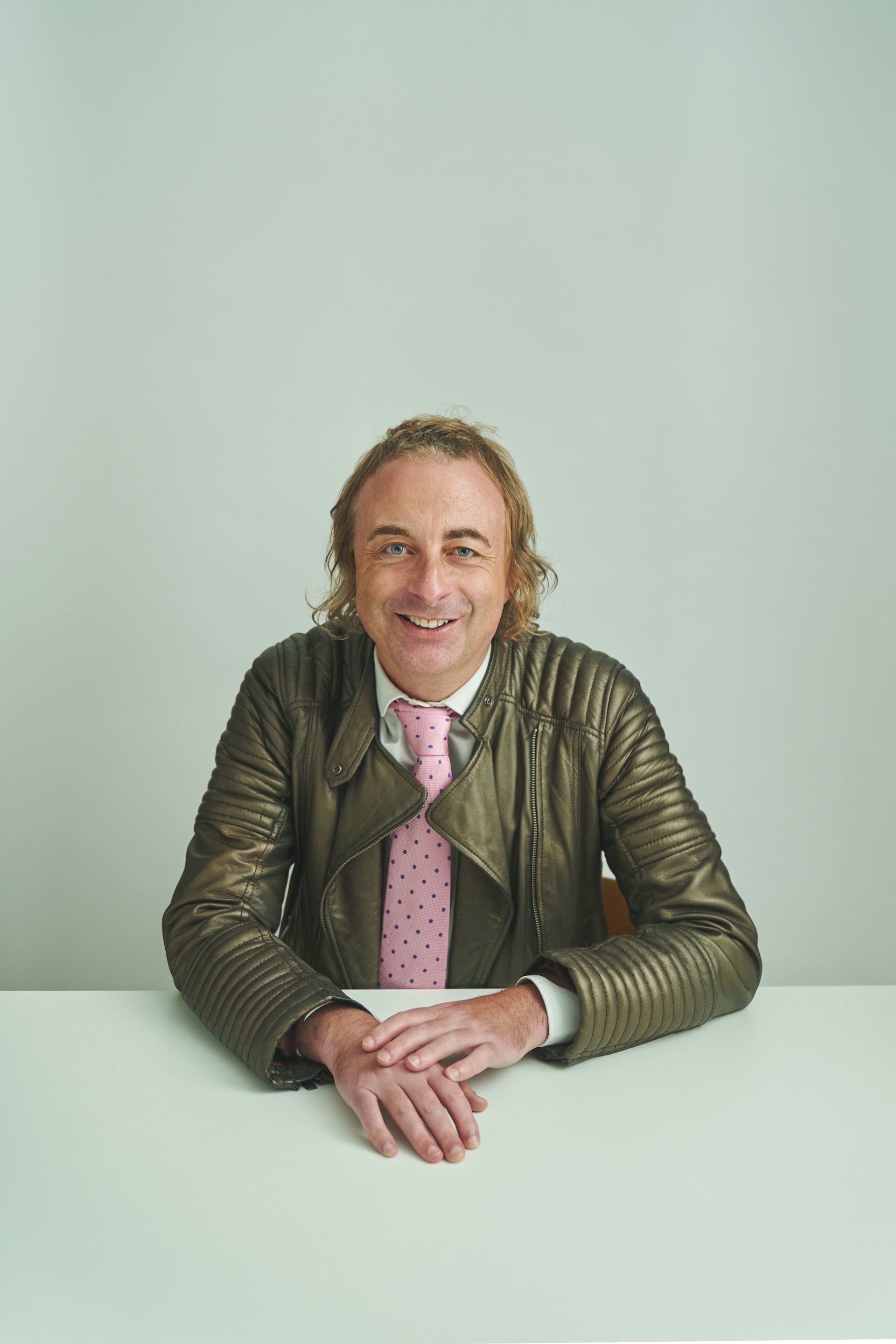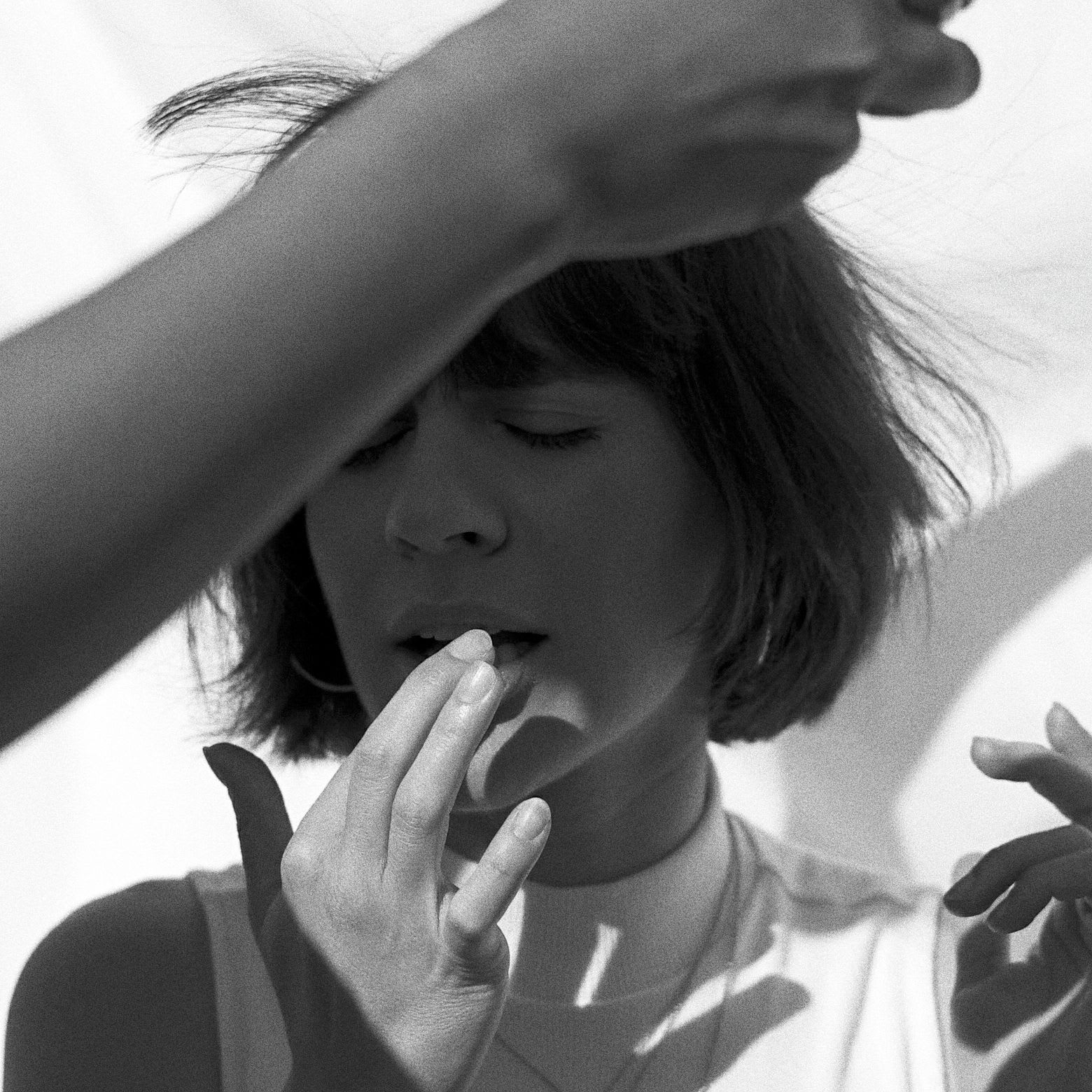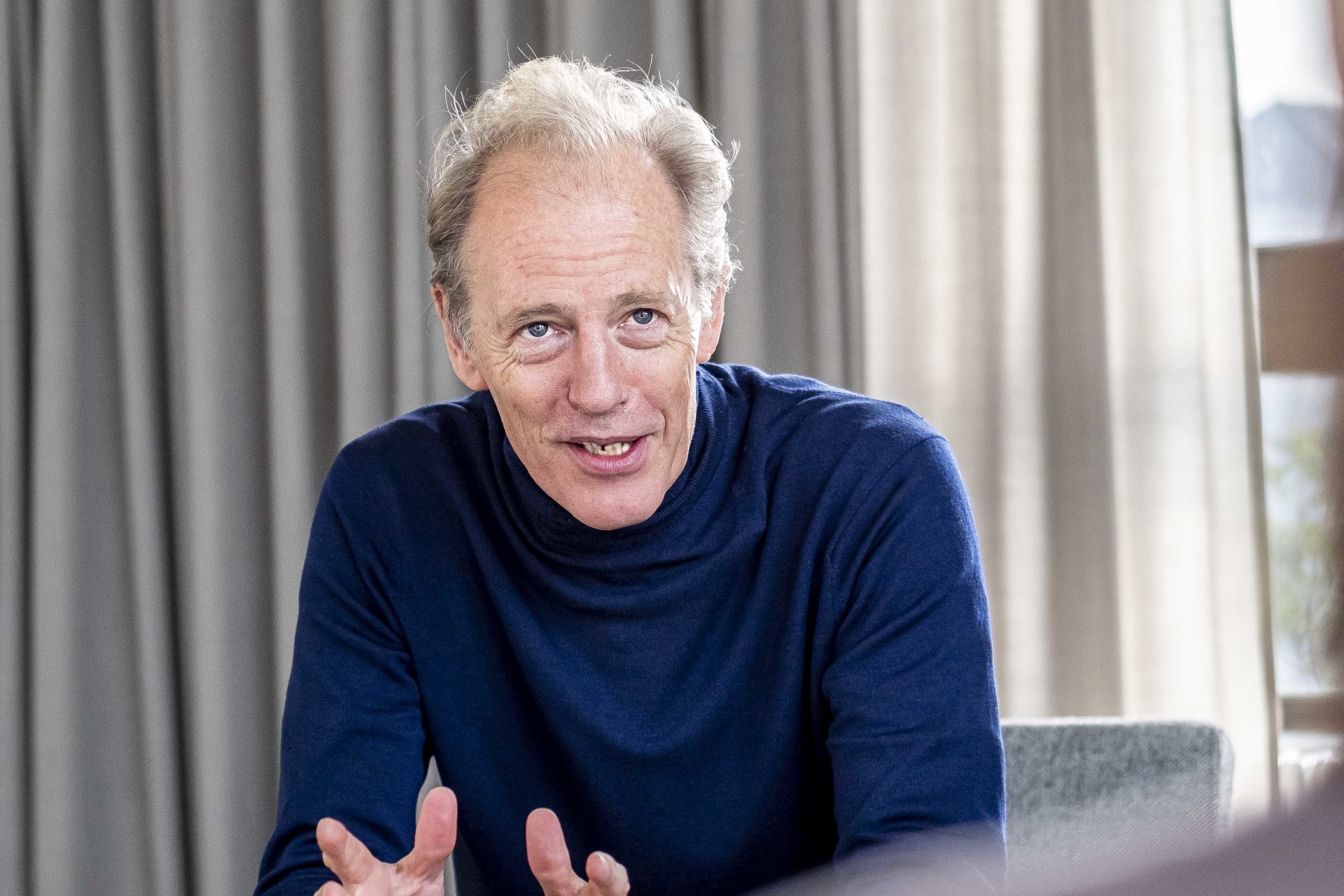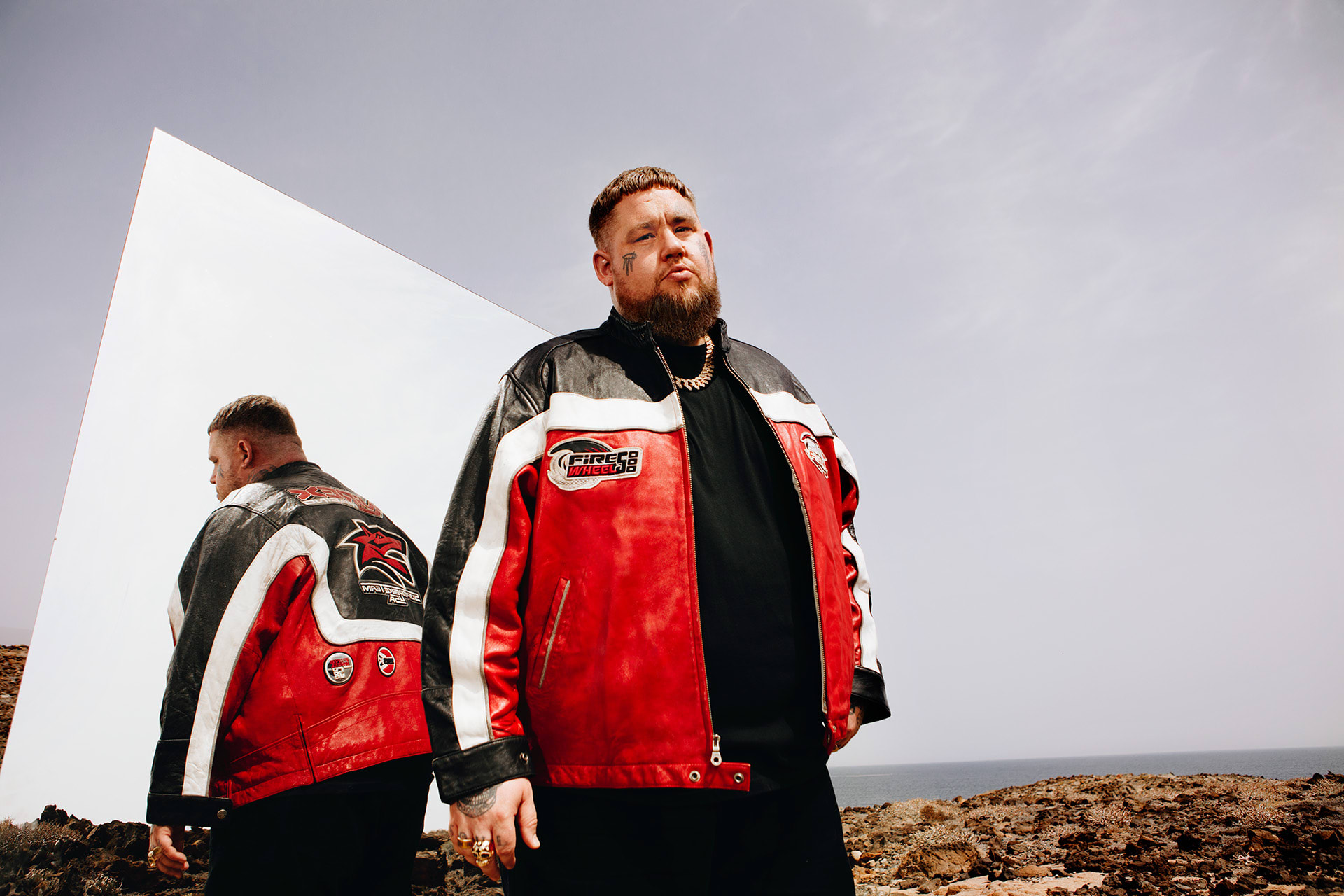Award-winning quirky and alternative comedian Paul Foot is returning to Oxford this month with his new show, Dissolve which is set to be his most vulnerable and honest yet. We got in touch to find out what we can expect from his performance at the Old Fire Station, as well as – in very Paul Foot fashion – getting side-tracked by King Tutankhamen, and what Jesus might have achieved if he'd been a plumber...
We’re very excited to have you in Oxford and I understand you studied here. Are you looking forward to coming back?
I did study in Oxford, at Merton College, and it’s nice coming back but I have to park my car quite a long way out. It’s quite nice and then I sort of remember things as I’m walking in. There’s lots of bits I’d forgotten, it all seems such a long time ago; it was 30 years ago, and I was only there for three years. It’s an amazing thing going to university. It’s like a wonderful dream and it’s very intense because you’re just there for eight weeks at a time really, and always studying so you don’t really appreciate it – well you do appreciate it, but I suppose you don’t really realise.
Because everything’s so fast paced you don’t really have time...
…to take it in. It’s so intense; the work and the socialising and the growing up and coming to terms with who you are as a person. It’s a very formative time, mine was wonderful. I do prefer grown-up life though.
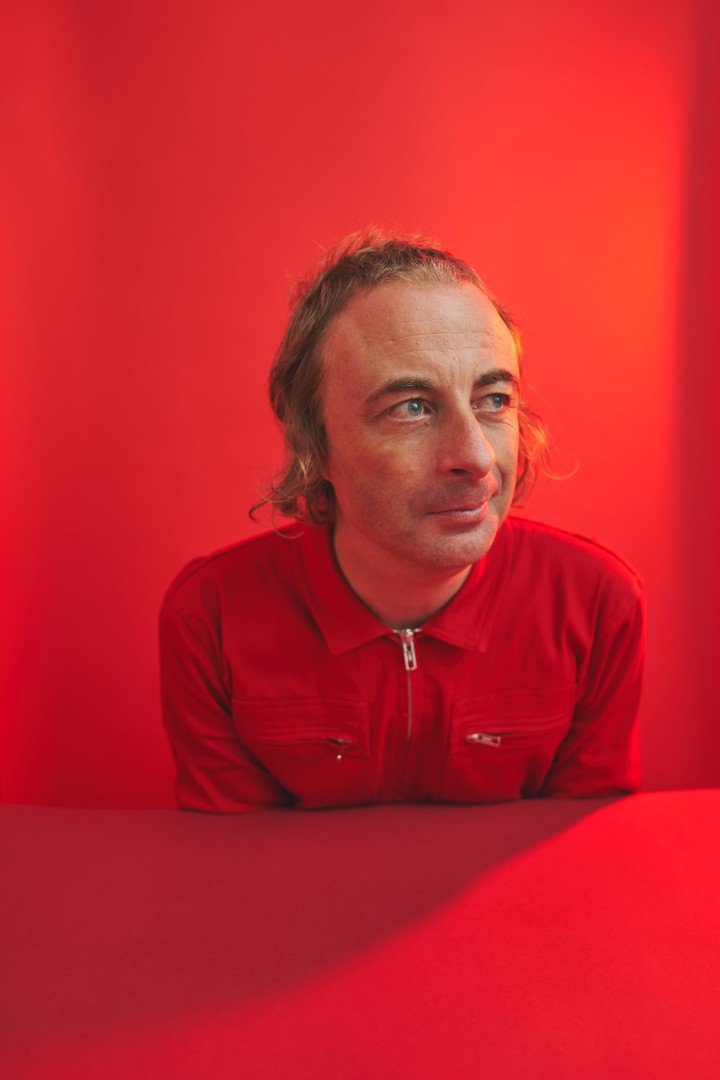
I think Oxford students especially get a bad rap, so I bet it’s nice to move away from that and then come back to Oxford as a grown-up person.
Yes. It was also like living in a 19th-century novel in a way. There were lots of very posh dinners and it was all lots of things that I didn’t know…
And the gowns.
Yes, the gowns and things. There were lots of things that I didn’t know that I would have known if I’d been to, like, a boarding school or a public school. How to take the broccoli off the serving plate with two spoons. I was only young and on the first day, they said you've got to go to a dinner.
Throwing you in at the deep end.
And I don’t think I’d planned it properly. I realised I had about five minutes to get into some sort of black tie and everything, and rush in. So, I was late, and sitting at the high table and then there was cod and you had to take it off with the special little spoon. If that happened now – like if a bit of broccoli falls on the table – with the benefit of age and wisdom you would just have a laugh about it ‘whoops, I dropped a bit’ but when I was 18 that was like, ‘Oh God, the worst has happened.’
During your show you discuss the things which may have seemed important to you at one point, but now just seem a little bit puerile and you don’t take them so seriously. I suppose like broccoli falling off your fork?
Everything really. I would worry about money for years – not always, just perpetually. I don’t mean I was struggling to pay a gas bill, it was a very different sort of worry about the future, so I don’t want to diminish the worries of people who are genuinely worried about how to keep the heating on. I spoke to someone a while ago who I think is pretty well off and he said he spent his whole life worrying about losing [his money], so he’s never enjoying it. If he’s taking a holiday he’s thinking, ‘What if I can’t afford this holiday next year’, and all that stuff. But all that’s gone now, and I just live in the moment. There were other things that I would worry about, too, like relationships; ‘What if I am single in a year’s time, what if this relationship I’m in now falls apart’.
Anticipating anxiety.
And it normally would fall apart because I was worrying about it falling apart.
So, what can audiences expect from your new show, Dissolve?
Well, they can expect a comedy show, because I am a comedian. It’s also different to anything I’ve done before though because it’s very personal. I talk about how I used to suffer with depression and anxiety for nearly 30 years – terrible depression – and about how on 20 March 2022, all of the depression and anxiety and everything just disappeared within a three second period.
It’s a show that obviously makes people laugh, but a lot of people have been saying that it’s really touched them because they themselves have struggled with their mental health, and [the show] is very uplifting because it’s about how it all got better. It’s not one of those shows where it’s just going on about being miserable from beginning to end; obviously I talk about the depression and all those sorts of things, but I find a funny way to talk about it: I’ve managed to talk about 28 years of horrendous depression in a funny way.
Is it ever difficult to navigate that balance and keep it funny?
Yes, when I wrote it with Aaron Kilkenny-Fletcher, my writing partner, that was the challenge. The show goes from serious to funny and then funny to serious, and it undercuts itself and vice versa, and that’s a challenge both in terms of the writing and the performance. It’s a real journey I’m on as I describe all these things, so it’s a very exciting challenge, and I hope very powerful for the audience to watch.
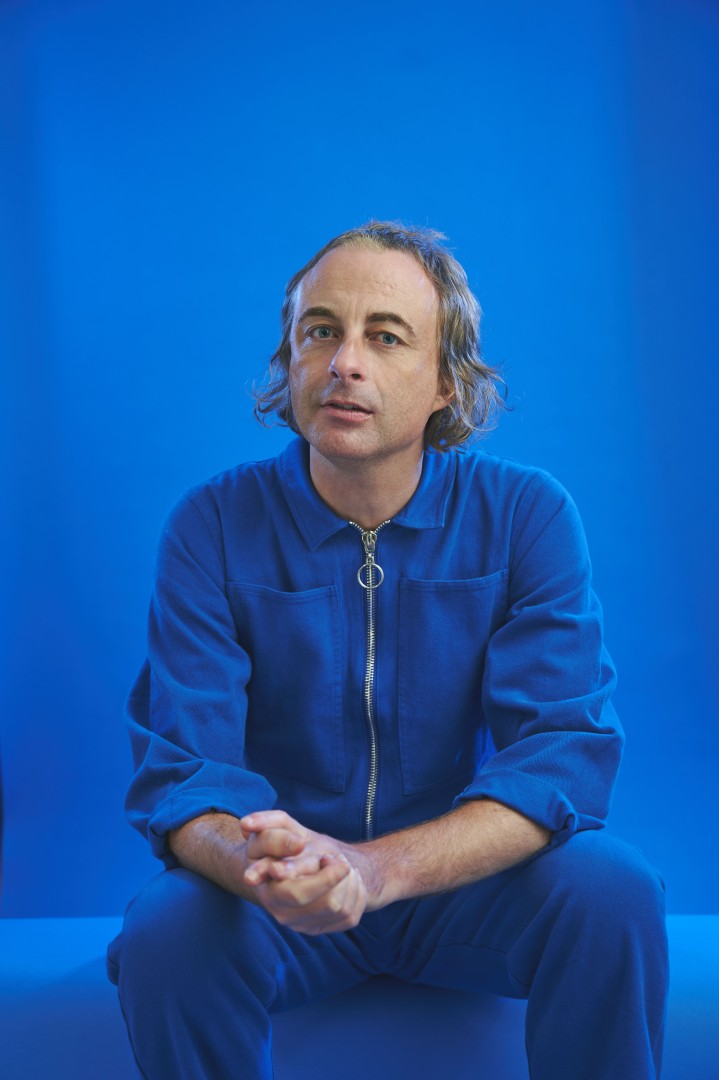
What has the response been like so far?
So many responses, sometimes just people coming up to me and talking to me after the show but also people writing in with amazing emails and Instagram messages and all sorts of things that are very uplifting to hear. It’s affected all sorts of people in many ways, not everyone resonates to the same amount or the same extent about these issues but then they just laugh and enjoy the show because it’s still a comedy show and there’s still time in it for the classic kind of Paul Foot things. Going off on tangents about things that are totally irrelevant like King Tutankhamen and what Jesus might have achieved if he'd been a plumber and stupid things like that; that’s all in there as well the classic sort of surreal nonsense.
What draws you to that unconventional comedic approach?
When I started comedy – which I started at Oxford – I always did my own sort of thing. When I did my first ever gig, I’d never really seen any other comedians, so I had nothing to base it on. The first time I performed I didn’t even understand the genre really. I didn’t understand that you had to prepare an act; I just came on and improvised and asked people what their favourite fruit was. I was never someone who had all the DVDs and knew all the comedians. When I started doing it properly in London on the open mic circuit, all the other comedians would say that I wasn't like anyone else, even in the beginning. Most people were a bit like someone or had someone who was their inspiration, but I just did my own thing.
I never planned to be original, I don’t think one can try to be original or innovative or whatever. There were times when I would think, I want to do something no one else has done before – like I did a thing called The Madness where I say all these words and phrases which make just enough sense that people laugh at them, but not enough sense that it actually means anything, and I don’t think anyone had done anything quite like that before. It was my own thing but I never planned to be original, I just did my own thing.
What is your favourite thing about the UK?
I think our disorganisation. For example, I was coming back from the Edinburgh festival in August, and it was that day when there was that big problem with the National Air Traffic Control. It was one tiny piece of data that made the whole thing go wrong. Of course, it wasn't the airline’s fault, but they were left with this problem. I love the fact that everything fell apart, the whole thing is completely disorganised, there was no information, everything went into meltdown in the airport and people had to go stay in hotels. It was all just shambles but everyone sort of had a laugh about it. It was all completely disorganised, and everyone just rallied round: total mess and chaos but in that wonderfully British way ––everyone was laughing about it together.
It's quite comforting in a way. Even though it all went to sh*t, we were all just like, ‘Isn’t this funny?’
We're not too reserved in Britain, we're quite friendly with each other. I like that.
Paul will be at the Old Fire Station, Oxford on Thursday 9 May 2024
Image credit Jonathan Birch

